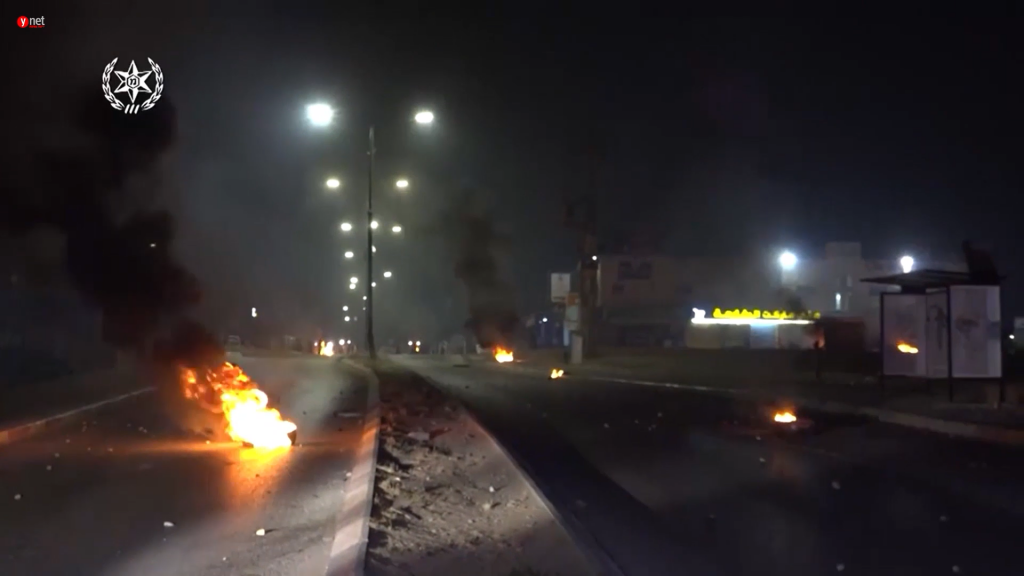
On 10 May 2021, the May riots, during the Guardian of the Walls operation, began throughout Israel. It all started when rockets were fired from Gaza on Jerusalem Day (Yom Yerushalayim), and continued in the form of lynches and attacks against Jews in mixed cities, riots on the streets of the Negev, violence and terror during a long and difficult week.
As soon as the riots in Lod broke out, we set up a ‘situation room’, together with My Israel, for the sake of the Jewish residents in mixed cities. We helped to organize volunteers: medics, drivers, armed ex-officers, caregivers, and more.
But it doesn’t end here. Since last year, the situation on the roads in the Negev hasn’t exactly calmed down, while shootings and violence in the streets of mixed cities haven’t stopped. The sense of security and safety among the public has taken a hit. And the public’s trust in the authorities has also been damaged. However, as an organization that’s been battling for the Negev for over a decade, we feel as though the public is waking up and understanding the challenge that Israel faces. The Negev issue has become important and significant in the Israeli public discourse. There’s an understanding that the Negev is a place worth fighting for. Although it’s become an ‘ex-territory’, the State of Israel can and must return to the Negev!
In the last year, we have initiated and participated in Knesset hearings about the erosion of governance. We have engaged policymakers, and taken them out to the field to see, discuss, and monitor the various issues in the Negev and elsewhere. We opened dozens of new cases relating to the authorities’ conduct during and after the May riots. We wanted to find out how many rioters were caught, how many criminal cases were opened, and how many indictments were filed.
We weren’t surprised to learn that the real problem today in the State of Israel is the legal system. While we were critical of the Police’s efforts (or lack thereof) during the riots, it should be noted that criminals were indeed arrested. However, the Courts released the criminals back into the streets without significant punishment, undermining the authorities, the rule of law, and Israel’s security.
Looking forward, it’s pretty obvious that the next round of violence is just a matter of time. The judiciary must undergo serious reform. The criminals must be given the message that there’s accountability. When you break the law and engage in violence, there must be heavy punishments that serve as a deterrent to others!
We must not let down our guard. Israel is our one and only homeland – and we shall always work to protect it.








